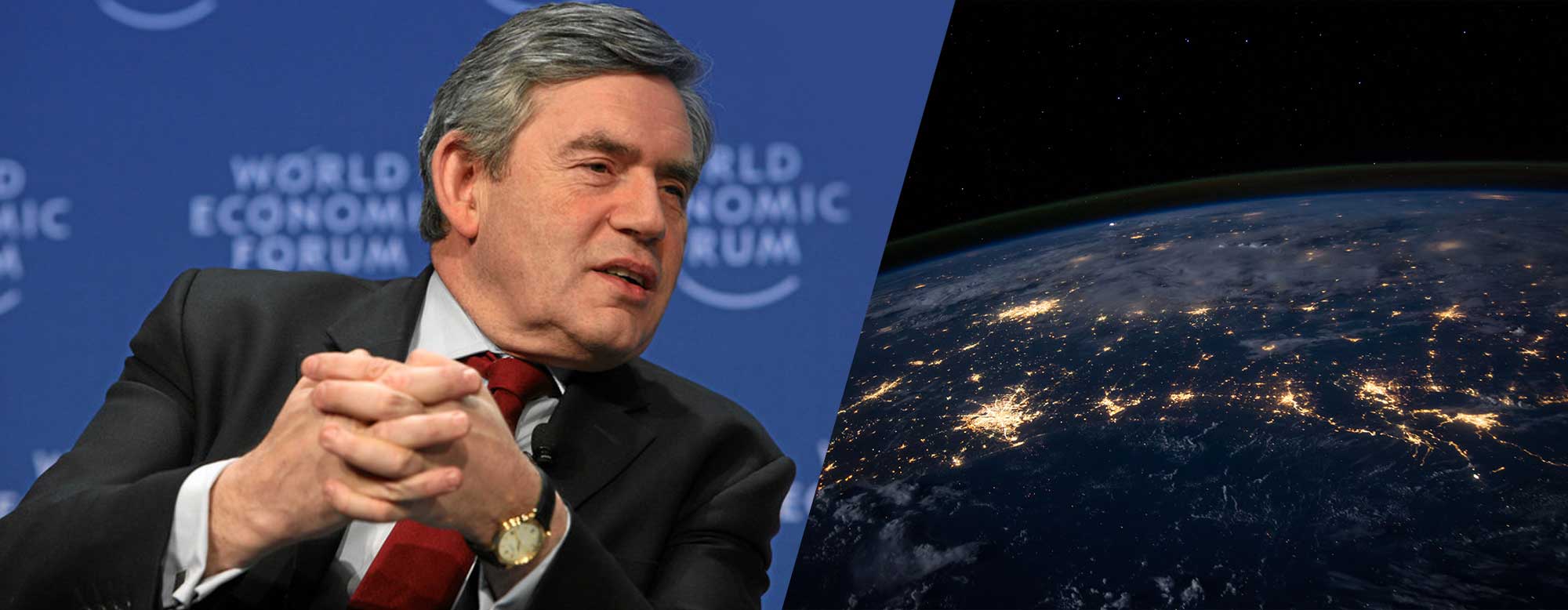Like many young men who are inclined to the right, I have recently become a fan of Jordan Peterson. I’m a Christian, so I find his scientific analysis of the world a bit too morally disinterested, but his clarity in presenting his scientific view of the human psyche and the dangers of ‘pathologised’ ideologies… well, it’s poignant and relevant. (And the fact that so many youth are drawn to his lectures shows the true hole in our education system of the past 30+ years, which a money injection will do nothing, in my opinion, to fix).
One idea I’ve now heard him discuss several times, including in an interview with Russel Brand, is the Pareto distribution. Studying engineering, I’d encountered this as the ‘80-20’ rule: 80% of the work effort will achieve only 20% of the outcome. When Prof. Peterson refers to it, he is discussing a study showing that creative production is almost always distributed according to the Pareto distribution – that is, a small portion of the people contribute the majority of the output. Only a small portion of authors write all the successful novels, only a small portion of farmers produce almost all the food, etc.
Related to this, and possibly consequent from it, is the distribution of wealth in our society. Something like 1% of the people have 99% of the wealth. This is apparently a reliable result that will exaggerate over time, unchecked, until a social catastrophe like war or famine occurs to even things up again. So it’s“something like a natural law”, he says. And it’s easily observable, too—if you play monopoly, for instance, you invariably end up with one person possessing all the money (and as the winner begins to emerge, the rate at which they begin winning accelerates dramatically). There are instances of the Pareto distribution, he also points out, in nature. Only a small fraction of the stars have almost all the mass in the universe, for instance.
That is true. But see here whether an engineer’s perspective may have some value. While some natural systems may have the Pareto distribution, most don’t – in fact, the second law of thermodynamics basically says that they won’t, and it’s one of the most important fundamental physical laws. If you put a range of warm and cold items together in an esky, you will not find over time that the warm items get warmer and the cold items get colder. Instead, they all approach equilibrium. One way to describe this mathematically is that the diffusion coefficient is always negative. That is, heat energy will flow (diffuse) in the direction of decreasing temperature. In fact, the greater the temperature gradient is, the faster the heat will flow.
Concentration gradients generally work the same. In our lungs, we take a load of fresh air that is high in oxygen and low in CO2. Surrounding it is our used blood, which has become low in oxygen but high in CO2. The oxygen and CO2 particles diffuse from our blood to the air and vice versa – in the direction of decreasing concentration. So that we don’t die. In these cases, the greater the initial inequality, the faster physics will naturally act to correct it.
When I did my final-year engineering project, I created a computer simulation of splashing liquid. As part of this, I had to model surface tension, the force that causes liquids to form round droplets. The Cahn-Hilliard equation can be used to simulate this. The way it works is quite simply to model a positive diffusion coefficient, in which diffusion occurs in the direction of the increasing concentration. An example of this is if you shake up a jar of oil and water. After a short while there will be pure water on the bottom, and pure oil on the top, and a foamy transition in the middle. The Cahn-Hilliard equation would cause the oil to flow towards the top and the water to flow towards the bottom, making the distinction more pronounced over time – which will happen in real life also, because oil and water don’t mix. A positive diffusion coefficient generates sharp inequality.
So – if the Pareto distribution is “something like a natural law”, then it follows that for some reason, money in our society has a positive diffusion coefficient. It tends to flow in the same direction as its concentration gradient. Why would that be?
Economic theory refers to ‘economic man’, or homo economicus, a fictitious species who optimally pursue the increase of their own material wealth. A wealthy homo economicus would never give up something unless he got something greater in return, only outlaying his wealth with a reasonable expectation of accruing even more. Alternately, a poor homo economicus may have to settle for simply not ending up with less, or even just not dying today – for him that may be the best he can achieve with his negligible market power. It could be fair to say that homo economicus maximises the diffusion coefficient of money; and monopoly results in one winner sooner because everyone is really trying to win.
Now, you could conceive of a population of ‘generous man’, or homo liberatus (don’t google it, I made it up), an alternate species who optimally pursue the increase of wealth for everyone but themselves. I think Karl Marx would like the idea, and it is very attractive. The problem is economic theory works for a reason: homo economicus is a very good representation of real people. Ever since Adam and Eve, selfishness has been the consistent aggregate behaviour of mankind, and the Pareto distribution results. We are not wired to be productive for disinterested incentives. And history has proved that expecting disinterested contribution results in less contribution, and then dreadful poverty and utter economic collapse.
So economic man seems to be a reality of the world, which creates the Pareto distribution. But I have wondered, would a successful homo liberatus world actually have a very different wealth distribution? Solomon said in proverbs, “One gives freely, yet grows all the richer; another withholds what he should give, and only suffers want.” Many extremely wealthy individuals give stupendous amounts of money to charities and to the poor and funding schools and solving global problems and high-risk R&D ventures… all of which benefit far more than just themselves, and benefit more people than they could if they had less money. For instance, the same people who complain about the existence of stupendously wealthy people might be sad to see the end of Tesla.
I think complaints about the wealthy 1% fail to recognise that expenditure is not scalable. If someone with a million times more money than me used their money the same way I do, they would be eating a million meals a day, living alone in a sky-scraper and circumnavigating Australia three times a week in their car. With my level of capital, money is food, mortgage payments, and petrol. For billionaires, money is so much a different thing that it is scarcely recognisable—they function more like corporations than individuals. It is physically impossible for a billionaire to use all their money just pursuing self-interest—they don’t possess enough self. (Though, admittedly, Australia seems to have got a dud pick of billionaires, some of whom clearly are eating more than is healthy.)
So pinning down why the Pareto distribution should necessarily be viewed as a problem is difficult, but I must say I like the idea of a world where money might have a negative diffusion coefficient. It would require a world where it was natural for humans to be generous. This is not a problem I intend to solve here and now, but I am sure that if you wish for something different, you are better to try being a homo liberatus yourself—cap your personal wealth, live your life willing to work for no reward, and love with no conditions—rather than trying to force everyone else to do so and complaining all the time.



















